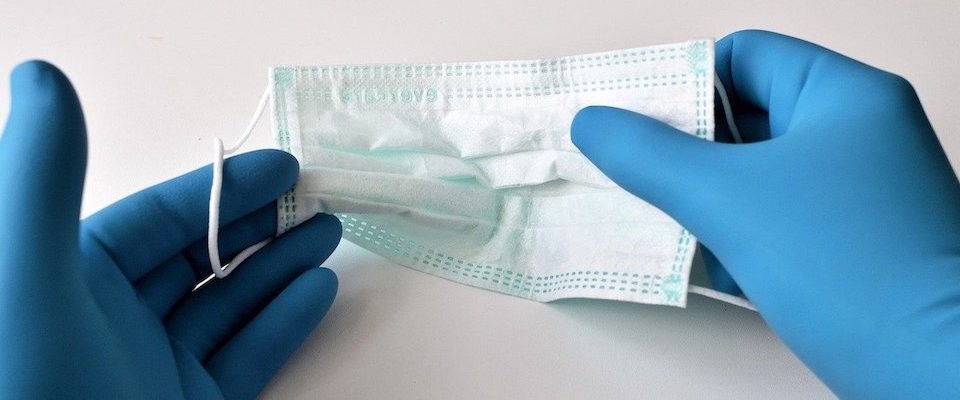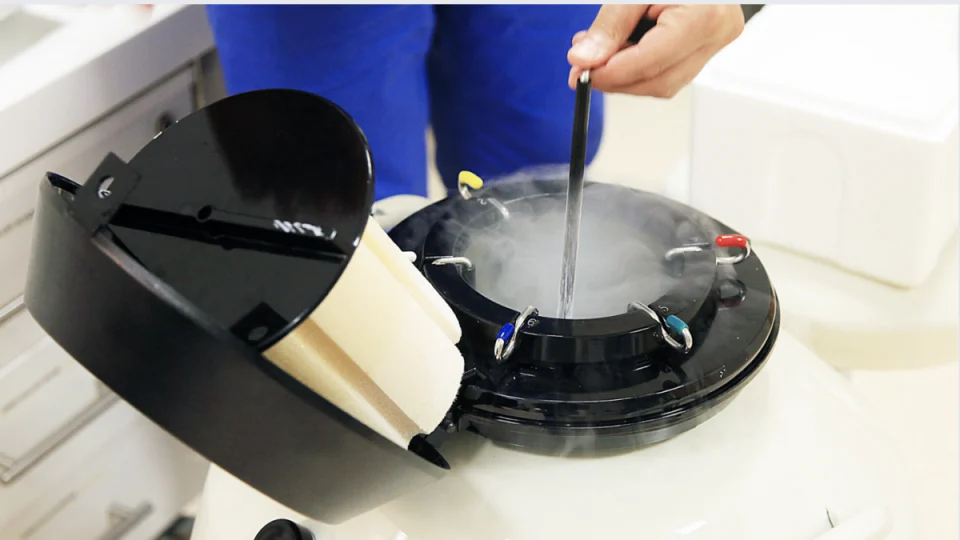We Can’t Control COVID (Or Much of Anything Else) by John Stonestreet & Maria Baer
December 7, 2020Msgr. Charles Pope: The Fire Next Time – A Homily for the Second Sunday of Advent
December 7, 2020
By Melissa Moschella, First Things, 12 . 7 . 20
Melissa Moschella, PhD, is a visiting scholar at the B. Kenneth Simon Center for American Studies at the Heritage Foundation and an associate professor of philosophy at the Catholic University of America.
Pfizer, Moderna, and now AstraZeneca have produced successful COVID-19 vaccines—an achievement that is naturally being hailed as a nearly miraculous medical breakthrough. But it has raised concerns in some quarters: Should pro-lifers refuse to use the vaccines because they were developed using cell lines derived from the tissue of aborted fetuses?
Pro-life ethicists and organizations like the Lozier Institute and the Personhood Alliance have cautioned that many of the COVID-19 vaccines under development are unethical because they are being created using fetal cell lines like HEK 293, thought to be derived from the kidney tissue of a fetus aborted in 1972. While Pfizer’s and Moderna’s vaccines—recently shown to be 90 percent and 94 percent effective, respectively—were not made using fetal cells, they did use HEK 293 for confirmatory lab testing. And fetal cell lines are being used in the production of AstraZeneca/Oxford University’s vaccine—just revealed to be 90 percent effective in preventing infection—as well as those being developed by Inovio Pharmaceuticals and Janssen, among others.







